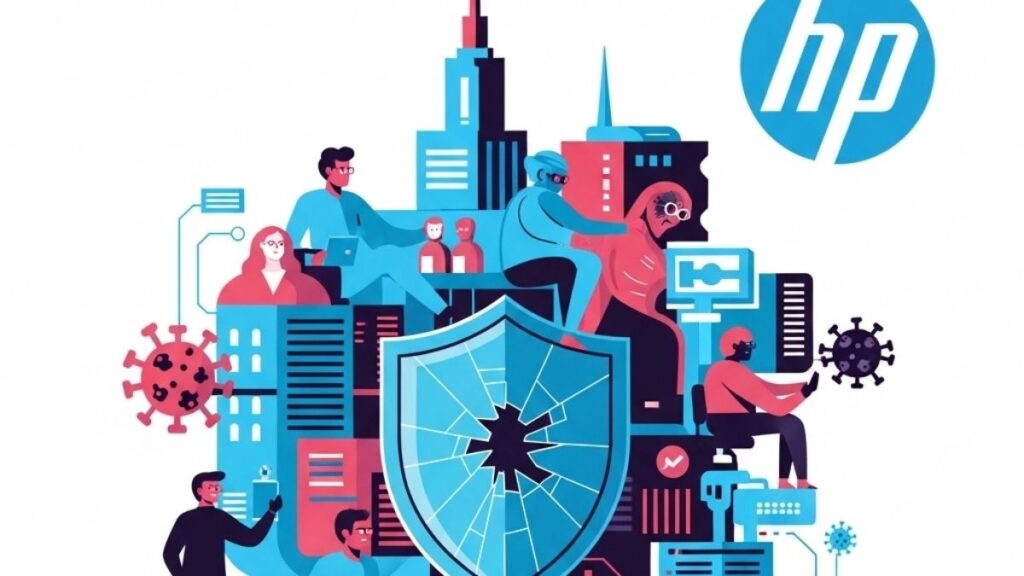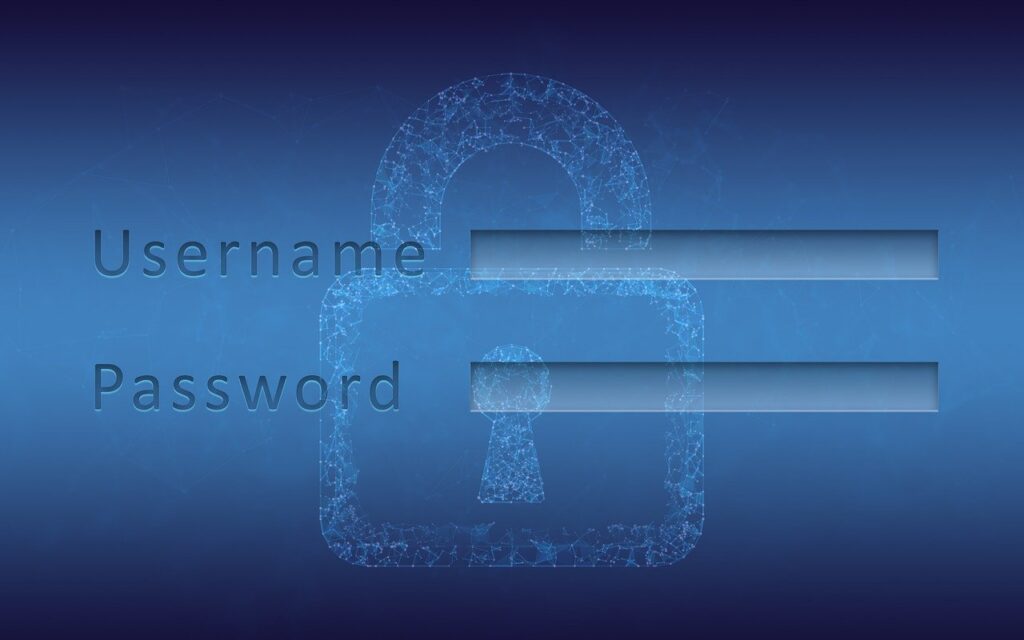Technology has evolved in the past few decades, so it shouldn’t come as a surprise that our world is more interconnected than ever before. The consumer electronics industry is booming, and while it is highly competitive, new products are continually being created to meet new customer expectations and demands.
With more technology comes more data sharing and storage. Many consumers store personal information on their laptops and smartphones, making them easy targets for would-be hackers with malicious intent.
The last thing you want is your sensitive data to get into the wrong hands and fall victim to crimes such as identity theft or fraud. Everyone has a right to privacy, and online activity is no exception.
Here are eight examples of best online practices to keep your data protected and keep you secure online. By taking these precautions, you can help ensure the safety of your sensitive information.
1. Use Unique, Strong Passwords
This may seem like common sense, but you’d be surprised how many people still use “password” as their password or something easy to guess, like “1234567.”
It’s wise to use unique passwords for all the websites you visit. This makes it more challenging for hackers to access your personal information, which may be linked to your financial institution.
It’s also a smart idea to change your passwords frequently. You can keep them written down on paper in a safe place, where only you have access to it.
2. Opt for Two-Factor Authentication
Many internet services have two-factor authentication setting options, like Google, Apple and even social media platforms like Twitter. This requires two forms of authentication from the user to gain access to your data.
For example, users may need to enter a numeric password and a code they receive via SMS text or email. This increases the quality of protection for your various online accounts and makes it that much harder for hackers to find their way in.
Rather than clicking the “forgot password” prompt on your login pages, you can use two-factor authentication to ensure your accounts are secure.
3. Avoid Spammy, Untrustworthy Links or Emails
It may be challenging for people who lack crucial digital literacy skills to distinguish spam from trustworthy links. Often, older generations who lack technological knowledge may fall victim to opening these links that contain viruses or various forms of malware.
One sign you can look for in spammy links is significant typos — authentic companies commonly check their spelling to ensure there are no typos or errors. In addition, avoid opening links from emails you don’t recognize. This is another tactic hackers use to take advantage of internet users.
Lastly, consider using online link checking sites, like ScanURL or URLVoid. It may save you time and effort in the long run.
4. Update Your Devices Often
Most devices and security software come out with frequent system updates to fix patches and any security issues they may identify.
Activating automatic updates on your smartphone and laptop is a perfect way to ensure your devices have the latest software patches so you can be secure online.
Whether you use Microsoft, Apple or another operating system, be sure to check if your automatic updates are set to “on.” That way, you won’t have to worry about system updates in the future.
5. Beware of Public Wi-Fi
It’s wise to avoid using public Wi-Fi at all times because anyone can access guest networks. Though they may be convenient, they’re often not secure and can make you vulnerable to would-be hackers.
However, there are some things you can do if you’re in a pinch and need to use public Wi-Fi. Consider encrypting your information by using a VPN app or relying on a mobile hotspot. This will protect your data.
In addition, avoid accessing your personal information or visiting any financial institution’s websites. It’s also possible to download browser add-ons or plug-ins to help protect your information when using public Wi-Fi networks.
6. Use Antivirus Software
There are plenty of online antivirus programs you can download to fend off potential virus threats on your computer. While free versions are available, you may want to consider paying for a better-quality program that will protect your data.
Cyber risks continue to emerge and evolve, so staying ahead of the curve will prove beneficial for you. Antivirus programs can help secure your identity from hackers trying to steal your information, including your bank account or Social Security numbers.
Like most operating systems, antivirus software performs regular updates to fix any security holes so you can rest assured your information is safe.
7. Don’t Share Personal Information Online
Phone numbers, Social Security numbers, bank account information and addresses are some prime examples of what not to share online.
The more information you share, the more you open yourself up to potential threats and risks. By limiting the data you put out there, you’re doing yourself a favor.
While some information needs to be shared, try your best to only do so with trusted, reliable people or websites.
8. Sign up for Login Alerts
Many companies now use alert notifications when unknown devices log in to your accounts. For example, streaming services like Netflix and Hulu will email you if an unrecognized source requests access.
It’s crucial to sign up for these account alerts to stay on top of any security risks. They will also tell you where your account was accessed. With this security layer, it’s also wise to consider changing your password to prevent further issues.
We spend so much time online to stay connected to our loved ones, shop and more. It’s critical to use preventive security measures to lessen the threats we face today.
Surf the Web Securely
While some large-scale hacks are unavoidable for the average consumer, you can employ best practices to stay secure online and protect your data from cybercriminals. Be sure to follow the steps above so you can continue using the internet safely and set your mind at ease. It’s always better to be safe than sorry.
- 5 Tips for More Secure SMS Customer Outreach - December 29, 2021
- 8 Steps to Be More Secure Online - September 11, 2021




Comments are closed.